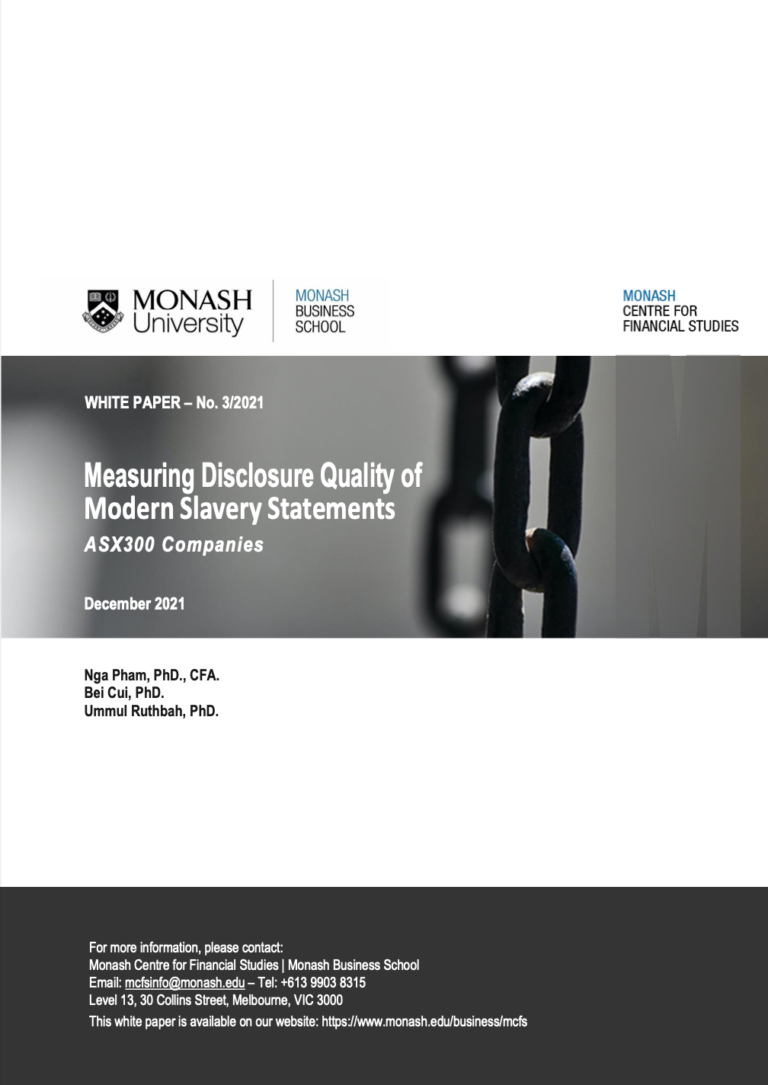Code of conduct for foreign NGOs: Investigating human trafficking and child sexual exploitation & participating in rescues of victims
GuidancePublicationsThis document was created as an accompanying document to our “NGO Involvement in Raid/Rescue Operations” Webinar, which was held in May 2017. The webinar examined the risks and benefits, how to conduct better operations, as well as provided opti...Read More

